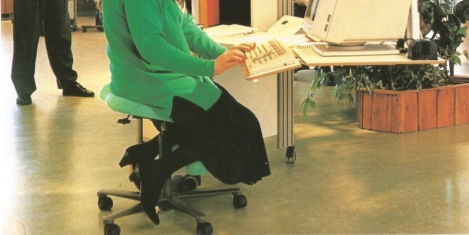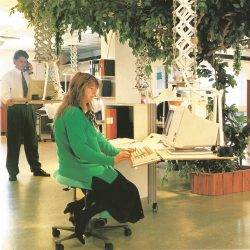July 9, 2018
Quarter of British workers have a side hustle as well as their main job
 Academics at Henley Business School have revealed a growing trend in ‘side hustles’ which shows that as many as 1 in 4 people in the UK are running at least one business project alongside their main day job, contributing an estimated £72 billion to the UK economy. Henley has published a white paper on the emerging side hustle economy. Its study of over 500 business leaders and 1,100 UK adults found the trend is now happening at an unprecedented pace across the UK. A side hustle is defined as a secondary business or job that brings in, or has potential to bring in, extra income. 73 of people who start a side hustle do so to follow a passion or explore a new challenge, but there are financial benefits too, with side businesses contributing 20 percent to side hustlers’ income.
Academics at Henley Business School have revealed a growing trend in ‘side hustles’ which shows that as many as 1 in 4 people in the UK are running at least one business project alongside their main day job, contributing an estimated £72 billion to the UK economy. Henley has published a white paper on the emerging side hustle economy. Its study of over 500 business leaders and 1,100 UK adults found the trend is now happening at an unprecedented pace across the UK. A side hustle is defined as a secondary business or job that brings in, or has potential to bring in, extra income. 73 of people who start a side hustle do so to follow a passion or explore a new challenge, but there are financial benefits too, with side businesses contributing 20 percent to side hustlers’ income.



































July 11, 2018
A beauty industry veteran makes the case for corporate wellness
by Leena Jain • Comment, Wellbeing, Workplace design
(more…)